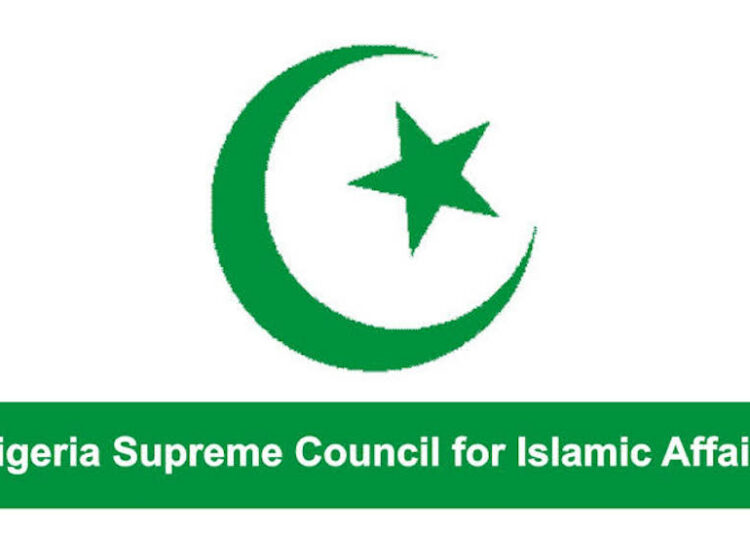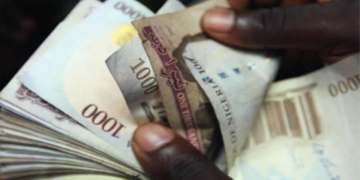Nigerian Supreme Council for Islamic Affairs (NSCIA) has defended its establishment of the “Ummah Care Initiative”.
The renowned Islami group said it was conceived as an emergency palliative intervention to cushion the effects of the current economic hardship on the vulnerable members of the Muslim ummah following the removal of subsidy on petroleum by the federal government.
The apex Islamic body made the clarification in a statement jointly signed by its president-general and Sultan of Sokoto, Sa‘ad Abubakar and general secretary, Prof. Is-haq Oloyede, yesterday.
The council said the Mission for Education, Society and Health (MESH) established in 2016 to provide for the needs of the Muslim Umma has been doing much in supporting the rationale for its existence and it is still actively and proactively intervening in the educational, social and health concerns of the Ummah.
„The Nigerian Supreme Council for Islamic Affairs (NSCIA) is deeply concerned about the current economic reality in Nigeria and the devastating impacts of the removal of petrol subsidy on Nigerians.
„The council is aware that the current challenges are overwhelming as those who are just recovering from the aftershocks of terrorism and insecurity are now confronted with economic challenges to the extent that meeting basic needs is now a luxury for the majority of Muslims. For many households, survival is a daily battle as the number of the poor keeps increasing within the ummah.
„As part of providing for the needs of the Muslim Ummah, the council had established the Mission for Education, Society and Health (MESH) in 2016 and the Mission has been doing much in supporting the rationale for its existence. MESH since its establishment has been actively and proactively intervening in the educational, social and health concerns of the Ummah.
„While MESH continues to do its work, the Ummah Care Initiative is conceived as an emergency palliative intervention to cushion the effects of the current economic hardship on the vulnerable members of the Muslim ummah. This is without prejudice to the efforts of the Federal and State Governments in making palliatives available to Nigerians.
Meanwhile, the Council is aware that some states are discriminating against Muslims through excluding them from such interventions. A case study of such is Plateau state.
„Given this emergency situation, the Initiative will mobilise resources across the country for the benefit of the socially excluded members of the Muslim community. After the exercise, the Initiative will dissolve into MESH which will continue with its generic work of alleviating the suffering of the Nigerian Muslims, giving hope to the poor and providing the basic needs to the most vulnerable,” the council said.
According to the council, “the specific objectives of the Initiative are to: offer psycho-social support to Muslims facing natural and manmade disasters; advocate state response to the economic challenges that face the Muslim ummah at the moment; give religious and educational guidance to the poor, the weak and the socially excluded so that they will cope better with life; serve as the link between the rich and the poor in order to make the former fulfill their obligations on the latter in line with the Islamic provisions that prescribe rights and responsibilities for Muslims; and cooperate with other stakeholders, governmental and non-governmental, in advancing the cause of the Initiative.“
The council added that the strategy of executing the Initiative is based on a five-pronged approach of awareness creation, leadership structure, resource mobilisation, active volunteering and project execution, saying the activities of the Initiative will include collection of donations in cash and materials; provision of food, water, clothing and other necessary facilities to the needy and sensitisation of the public on the challenges facing the vulnerable, especially the weak, the sick and the poor.






